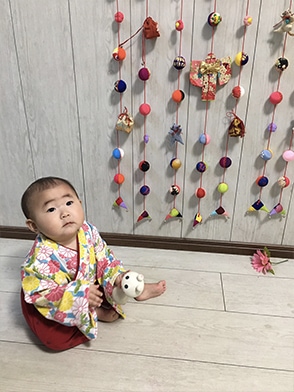
Wonder
As you come to accept your current situation, you also come to realize that it’s your starting point for moving forward. You’ll want to make sure that your feet are firmly planted before pushing off for THERE. So you need to know where those feet are. What does your current situation look like? Sound like? Smell like? Taste like? Who is there with you? What do they feel like?
As we’ve said, there is a good reason you are HERE. Perhaps there is something you are expected to learn HERE. Perhaps something, or someone, is coming HERE to meet you, and that something or someone is a crucial element of your destiny. If your destiny is coming HERE to meet you, does it really make sense to rush off somewhere else? Don’t you want to be HERE to meet it?
To cultivate this attention to detail, then, is to prepare yourself for your destiny.

Have you ever noticed that any scene – say the scene in front of you right now – will start to look a unfamiliar, even rather strange, if you stare at it long enough? Have you ever noticed that a word repeated over and over will also start to sound unfamiliar and strange? This is how wonder begins – the repetition starts to blur the left-brain symbols by which you tend to parse everything, leaving you with an un-deconstructed whole that invites exploration on a deeper level.
Reading and writing haiku poems is a great way practice this sense of wonder. Haiku are quite different from ordinary English poetry. Forget the 5-7-5 business. The very best haiku are about seeing rather than speaking, seeing deeply into the details of a scene or a situation, and allowing the details to reveal its meaning. Here are two examples from the haiku master Buson:
white dew –
one drop
on each thorn
tethered horse –
snow
in both stirrups
Wonder means paying attention to every detail, as well as the whole. Any one may provide you with clues about your destiny. To cultivate this attention to detail, then, is to prepare yourself for that destiny.
